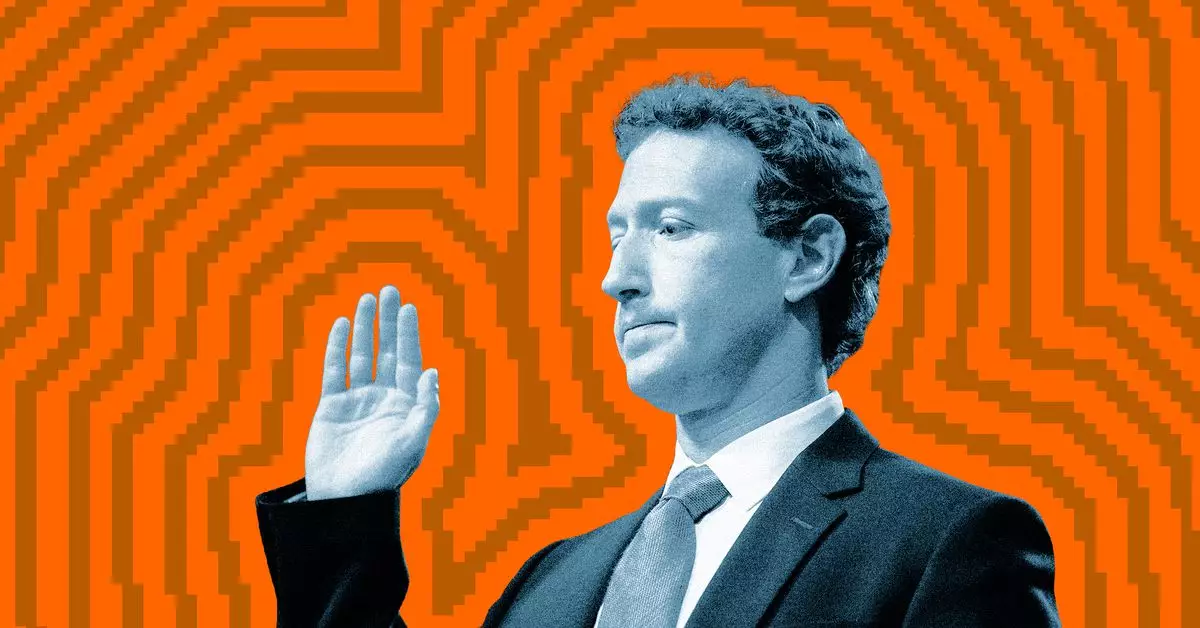In an increasingly interconnected world, the relationship between technology companies and political leaders plays a pivotal role in shaping public discourse and policy. Recently, Meta’s CEO Mark Zuckerberg dined with Donald Trump, the President-elect at the time, in a meeting that left many observers pondering the implications for innovation and governance in the United States. This gathering at Mar-a-Lago is emblematic of the complex dynamics that characterize the intersection of the tech industry and political authority.
As Zuckerberg and Trump convened, the tech landscape was already rife with contention. The tech billionaire, whose company has come under scrutiny for its role in the 2020 presidential elections, exemplifies the challenges and responsibilities that accompany technological influence in democratic processes. Meta’s spokesperson, Andy Stone, emphasized the vital role of innovation during a transformative period for America. This statement reflects a growing recognition within the tech community about the need for collaboration with government officials to address pressing issues that cannot be resolved in isolation.
The backdrop of this meeting is crucial to understanding its significance. Zuckerberg faced intense criticism over Facebook’s involvement in election-related matters, particularly concerning misinformation and the spread of false narratives. Additionally, accusations regarding his personal contributions to mail-in ballot initiatives cast further shadows on his political intentions. Observers of the tech scene have noted that public sentiment towards major tech companies has soured, with many feeling that these platforms wield too much power without sufficient accountability.
This dinner could signal an evolving relationship between power players in the technology sector and the political sphere. As tech companies are increasingly called upon to engage with regulatory issues and accountability practices, meetings like this suggest an acknowledgment from leaders within both domains that dialogue is crucial. It raises fundamental questions about how innovation is managed within a democratic framework, and what responsibilities tech leaders have to the public.
Looking ahead, it’s essential for tech executives, including Zuckerberg, to navigate the complex world of politics with heightened awareness and responsibility. The intersection of technology and governance is fraught with challenges, from privacy concerns to the spread of misinformation. It is important for tech leaders to not only engage with political figures but also to ensure that their influence contributes positively to civil society.
As society moves forward, the potential for technology to drive innovation must be matched with a commitment to ethics and accountability. In contemplating the outcomes of such high-profile meetings, we are reminded that the future of American innovation is not just about technological advancement; it is also about fostering trust, transparency, and a commitment to the democratic ideals that underpin the nation. The journey ahead will undoubtedly be challenging, but it is through such engagements that a more responsible balance can be sought between the liberties of innovation and the obligations of governance.


Leave a Reply